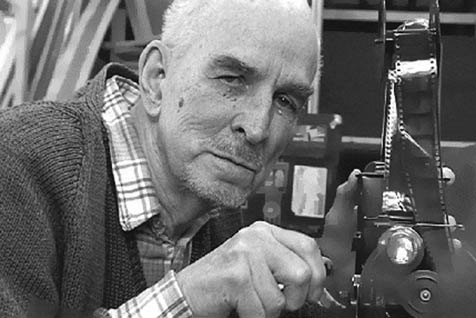See These Films by Ingmar Bergman (1918-2007)

He was in retirement or exile for so long, effectively since 1979, that many American film lovers believed he had already died. But Ingmar Bergman, gone last week at 89, never wavered during that long isolation on his island home of Faro, and he never softened his intense scrutiny of the all-too-human condition, as can be seen readily in his last film, Saraband, which explored all the familiar wrenching themes: art in an existential age, love’s close kinship with rage and death, and a mystical devotion to the mysteries of women. He was part Strindberg and part Scheherazade, telling true fables to postpone the executioner.
He was the most poetic director my generation ever attended to-Fellini, Goddard, and Bresson notwithstanding. We kids used to see triple Bergman features at the Magic Lantern and the Riviera back when the Beatles were crooning that all we needed was love. Bergman said the same thing, but not in such an optimistic tone.
He went out of fashion; but I think now he’s back. If you doubt it, take another look. If you’ve never ventured onto Bergman’s island, here are five evenings of smiles, dreams, and serpent’s eggs.
1) The Seventh Seal (1957): Max von Sydow plays chess with Death. Iconic.
2) Wild Strawberries (1957): Victor Sjstrm’s wistful odyssey.
3) Persona (1966), The Hour of the Wolf (1968):Eyeball cocktails, film about film, horror, and Mozart. See them together.
4) Cries and Whispers (1972): The soul is a red membrane.
5) The Magic Flute (1975): Pure magic.



